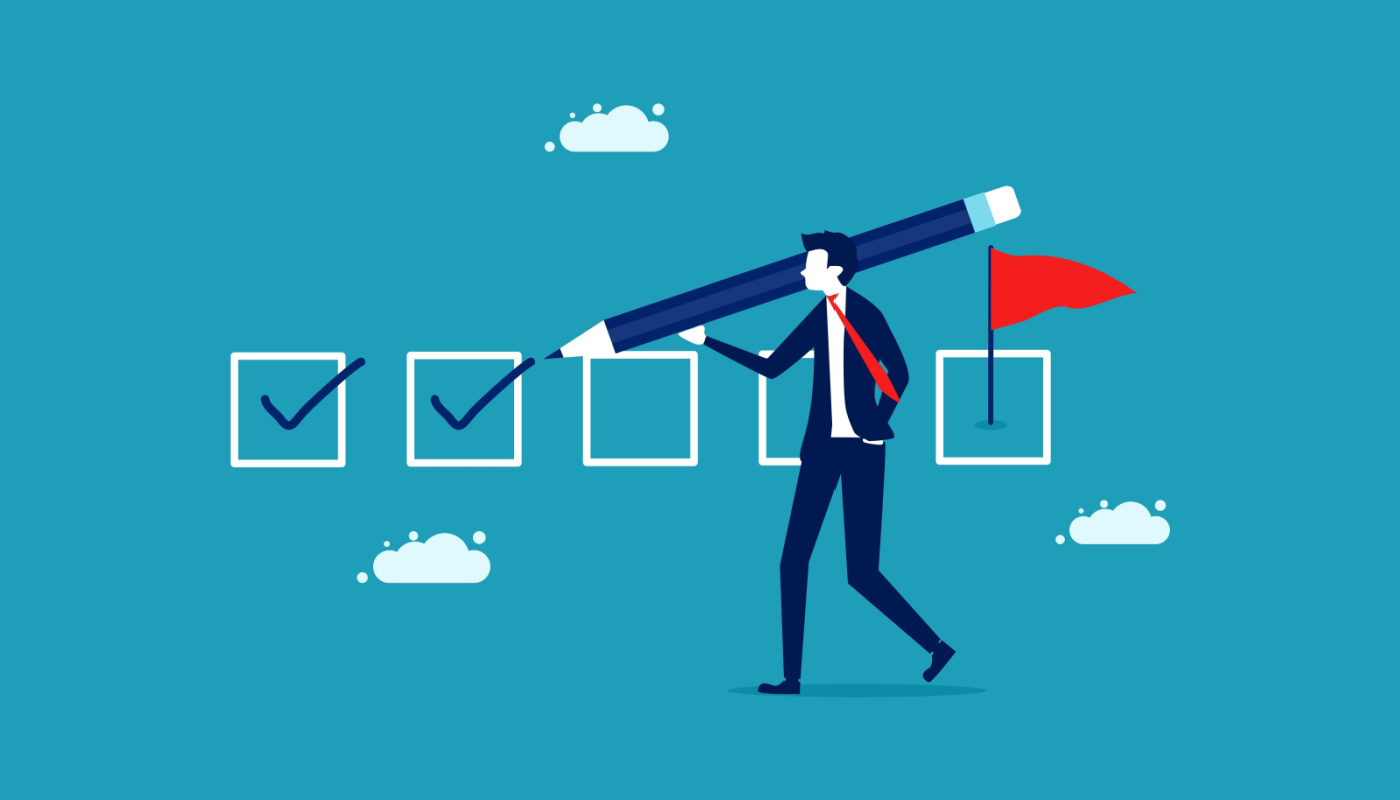Why You Shouldn’t Overlook After-Call Work
The number one goal of your inbound call center is likely to improve customer experience and increase customer satisfaction as much as possible. And in your efforts to do this, you may be putting a lot of your focus on ways to improve agent interactions with customers. But it’s critical that you don’t put so much focus on the calls themselves that you forget about what happens after the call is completed. Indeed, making sure your agents complete the necessary after-call work before they move on to the next customer will go far towards improving your call center’s overall performance and your customers’ experience.
After-call work refers to the wrap-up work that an agent must complete after they hang up with a customer and before they hop on with another. This might include things like completing and saving call notes, making any updates or notes on a customer’s account or in their profile in the CRM, sending any queries or follow-up questions to other departments, or following through with any tasks you promised the customer you would take care of after the call. These tasks should happen fast, taking no more than a few minutes and definitely no more than 30% of an agent’s time over the course of a day. Likewise, time spent on after-call work should be proportional to the average call time. So if your average call is 3 minutes long, after-call work likely should not take more than one minute at the most.
So why is after-call work so important? First off, if you are making promises to the customer during the call, it is essential for customer satisfaction that you follow through on those promises. There are few things more frustrating for a customer than having to call back a week after their initial call only for the agent to tell them they don’t see any notes in their file or that tasks they were told would be completed were not. When these steps are skipped, it creates an almost antagonistic relationship between the customer and the agent that you want to avoid at all costs.
After-call work is also very easy for supervisors to track. It can alert supervisors to inefficiencies in existing processes, such as if customer forms or profiles are too difficult to update or take too long to fill out. It can also show supervisors if some agents are dawdling and taking longer to complete after-call work than others; by the end of the day, they will have completed fewer calls than those who were more efficient in completing their after-call work. If all your agents are spending more time on after-call work than you’d like, it may signal that you need to better integrate the different apps and software they are using to make things go smoother.
What’s more, after-call work is very helpful for quality assurance, both in terms of tracking and improving the agents’ performance and improving the customer service experience overall. If the notes agents are writing are not detailed or informative enough, it may warrant further training. Likewise, if you are seeing the same notes and complaints over and over again, it may be time to rethink some of the processes you have in place that can help customers solve problems before having to call your call center.
CallShaper’s cloud-based call center platform is easy to integrate with your CRM and other apps you may be using to streamline after-call work. To learn more, contact us today.


Leave A Comment